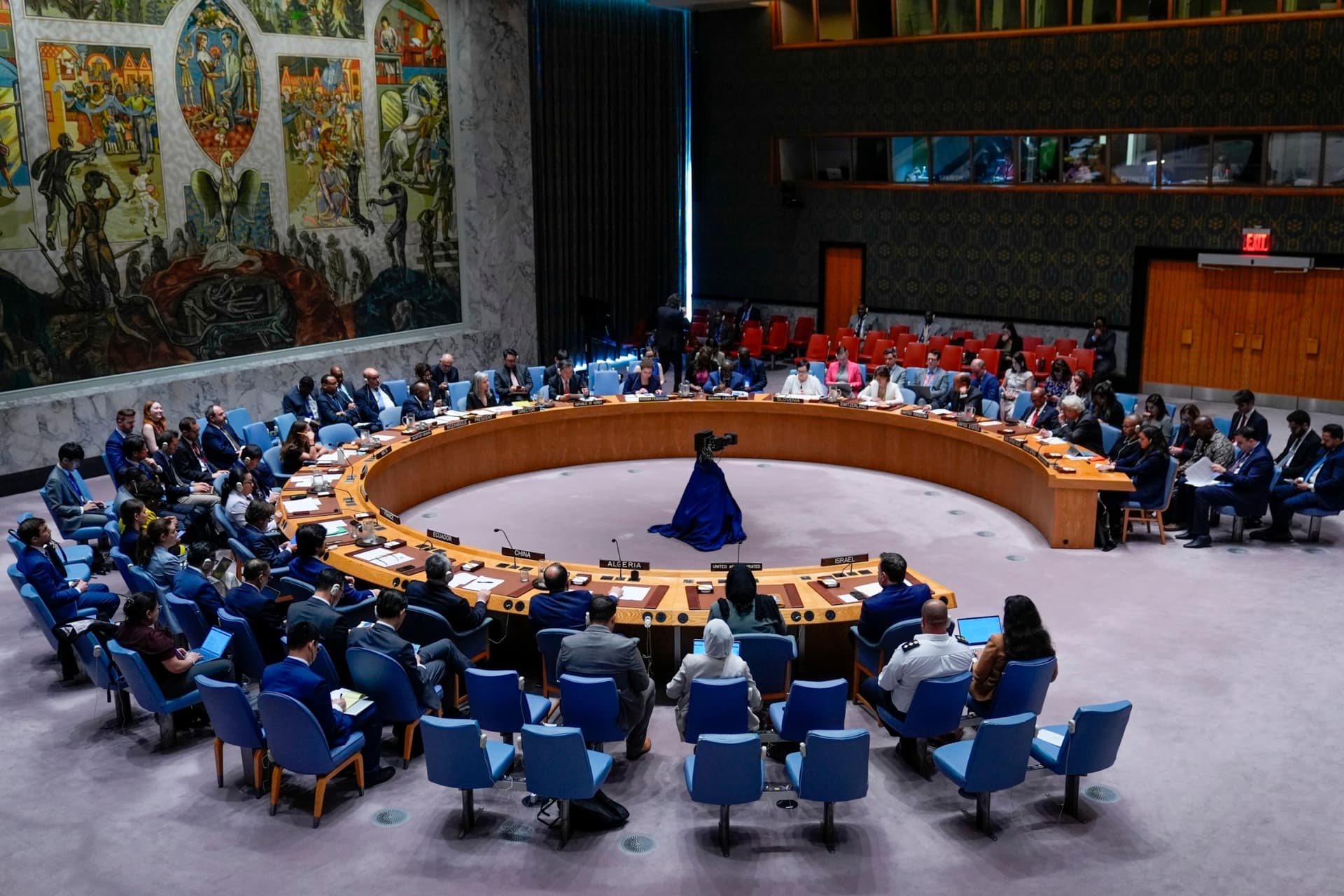UN Security Council to Vote on U.S. Gaza Stabilization Plan
The Security Council will decide whether to endorse President Donald Trump’s 20 point Gaza plan and authorize an international stabilization force, a step that could determine whether countries deploy troops and how Gaza is governed during transition. The outcome matters for the legality and legitimacy of a transitional authority, for civilian protection and humanitarian access, and for diplomatic fault lines between the United States and Russia.

The United Nations Security Council is scheduled to vote at 5 p.m. Eastern Time on a United States drafted resolution that would endorse President Donald Trump’s 20 point plan for Gaza and authorize an international stabilization force for the Palestinian enclave. The measure comes a month after Israel and Hamas agreed to the first phase of the plan, a ceasefire and a hostage release arrangement, and is intended by backers to provide international legitimacy for a transitional governance body.
The 15 member council faces a politically fraught choice. Russia has put forward a rival resolution, introducing a direct contest over the framework that would guide Gaza’s immediate future and the role of outside forces. The Palestinian Authority has publicly supported the U.S. draft while Hamas has opposed it, creating an immediate challenge to any claim that an internationally authorized transition would enjoy broad Palestinian consent.
At stake are both legal and practical questions about how the stabilization force would operate, who would provide troops, and how authority would be transferred to any transitional body. Under the UN Charter, Security Council authorizations for peace operations normally require nine affirmative votes and no veto by any of the five permanent members. For potential troop contributors, a Security Council mandate offers a legal and political shield, but also raises expectations about command arrangements, rules of engagement, accountability mechanisms, and the duration of a mission.
Countries weighing troop contributions will be confronting domestic political calculations and operational concerns. Governments typically require clear mission mandates, agreed lines of authority, and assurances about liability and financing before committing military units overseas. Donors and troop contributors will also be sensitive to the prospect of being drawn into a broader political transition that lacks consensus among Palestinian parties.
Institutionally, the vote tests the Security Council’s capacity to craft a unified international response to a conflict that has produced severe humanitarian needs and high civilian casualties during a two year conflict. A successful vote in favor of the U.S. text would lend international backing to the transitional governance model and could accelerate the deployment of stabilization forces and international support. By contrast, a split vote or veto from a permanent member would deepen diplomatic uncertainty and could delay stabilization efforts, complicating humanitarian operations and reconstruction planning.
The competing initiatives from Washington and Moscow underscore broader geopolitical competition over the rules that will govern Gaza’s post conflict order. For Palestinians, the presence of an internationally authorized transition could reshape political leverage between the Palestinian Authority and non state actors on the ground. For Israeli and regional security, the mandate will define the scope of international presence and the conditions under which forces can operate.
The Security Council’s decision will therefore have immediate operational consequences and long term implications for governance, accountability, and the prospects for a sustainable political settlement in Gaza. The vote is expected to clarify whether the international community will proceed with an organized stabilization effort or face further fragmentation over the enclave’s future.

